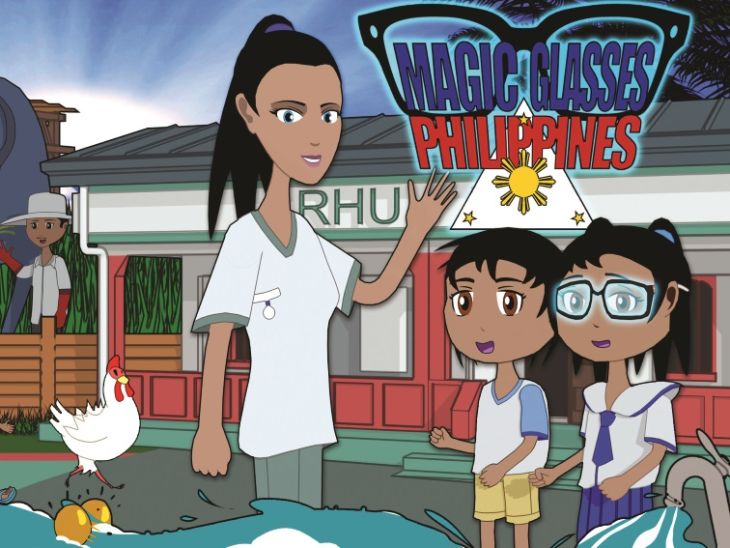An innovative health education program could help reduce the prevalence of intestinal worms at very little cost, a new study from The Australian National University (ANU) has shown.
Intestinal worms are among the world's most common infections, with more than 900 million people infected worldwide.
Lead author of the study, PhD candidate Mary Lorraine Mationg, said intestinal worms are a "disease of poverty", primarily affecting children in areas where sanitation is poor.
To help combat this, a team of researchers from ANU, QIMR Berghofer Medical Research Institute, The University of Queensland, and the Philippines' Research Institute for Tropical Medicine (RITM) developed a cartoon to teach children the importance of good hygiene.
The study conducted in the Philippines has shown the Magic Glasses program is not only effective but could be rolled out for less than US$1 per student.
This cost would be dramatically reduced if the program is scaled up across the country.
"Currently, the focus when it comes to intestinal worms is on mass drug administration to at-risk children. This is not sustainable long term," Ms Mationg said.
"Without access to improved sanitation and health education, treatment is ineffectual."
Previous trials of the Magic Glasses program in China showed a 50 per cent reduction in intestinal worm infections. In the Philippines, it was most effective in schools with a prevalence rate of less than 15 per cent.
"We knew it worked, but we wanted to determine whether it was both scalable and affordable," Ms Mationg said.
"If teachers were involved in the rollout, rather than our research team, the estimated cost would be just 77 US cents per student. This is based on a regional rollout. If scaled nationally, the cost would be much lower.
"It is something that could easily be added to the current government program for control of intestinal worms."
Professor Darren Gray, head of the Department of Global Health at ANU, added: "The Magic Glasses concept works and can be utilised across cultures and diseases. For example, Magic Glasses for Covid-19 would be very beneficial for kids across the world. It's also very cheap to implement as this study shows."
The study has been published in The Lancet Regional Health - Western Pacific.







